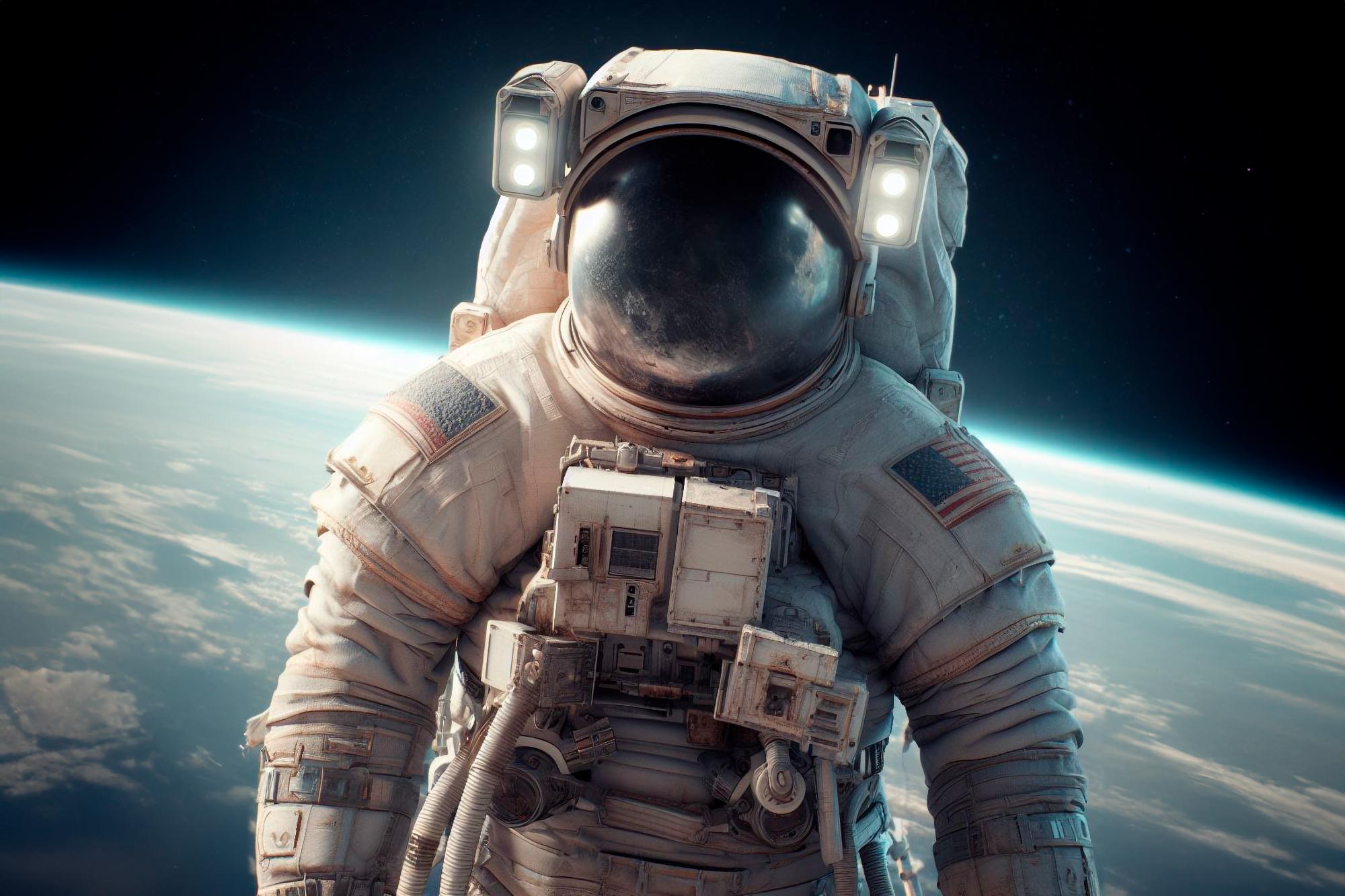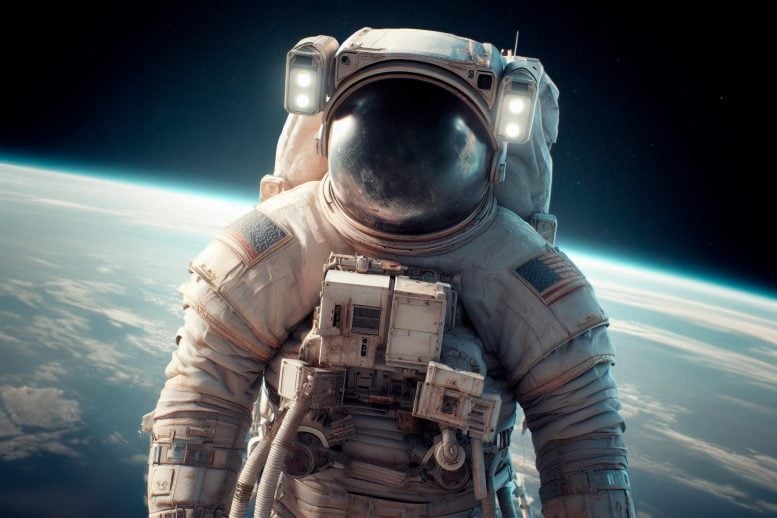

McGill-led study featured in largest release of space biology discoveries in history.
Scientists at McGill University and an international team have found that space travel significantly affects the gut microbiome, which in turn impacts metabolism and immune function. The study, conducted aboard the International Space Station, links changes in gut bacteria to shifts in liver and intestinal gene expression, providing crucial data for astronaut health and potential medical applications on Earth.
Groundbreaking Study on Space Travel and the Gut Microbiome
Researchers have uncovered how space travel profoundly alters the gut microbiome, yielding insights that could shape future space missions.
The groundbreaking study, led by a McGill University researcher in collaboration with University College Dublin (UCD), NASA’s GeneLab and an international consortium, offers the most detailed profile to date of how space travel affects gut microbes.
Published on August 29 in the scientific journal npj Biofilms and Microbiomes, the study used advanced genetic technologies to examine changes in the gut microbiome, colons, and livers of mice aboard the International Space Station (ISS) over three months.
Key Findings: Spaceflight’s Impact on Gut Bacteria
The findings reveal significant shifts in certain gut bacteria that correspond to changes in the mice’s liver and intestinal genes, suggesting that spaceflight might suppress the immune system and alter metabolism. This marks a breakthrough in understanding how space missions could affect astronauts’ health on long trips, the researchers said.
“Spaceflight extensively alters astronauts’ bodies, yet we still don’t fully understand why. By using advanced techniques to study both gut bacteria and genes at the same time, we’re beginning to see patterns that could explain those changes and help us develop safeguards for future missions,” said lead author Emmanuel Gonzalez, who leads microbiome bioinformatics at the McGill Centre for Microbiome Research and the Canadian Centre for Computational Genomics.
Space Missions and Human Health: Broad Implications
The study is part of the Nature Portfolio package, The Second Space Age: Omics, Platforms, and Medicine across Space Orbits, marking the largest coordinated release of space biology discoveries in history.
The scholars said their findings could help ensure the success of future space missions, from establishing a long-term presence on the Moon to sending humans to Mars.
Earthly Relevance: Medical Insights From Space Research
The findings also are relevant to the health of those who never leave our planet, said senior author and UCD Professor Nicholas Brereton.
“These discoveries emphasize the vital connection between gut bacteria and overall health, especially in how our bodies handle energy and metabolism. Understanding how spaceflight affects this delicate balance is crucial not only for astronaut health, but also for medical advancements here on Earth,” he said.
Reference: “Spaceflight alters host-gut microbiota interactions” by E. Gonzalez, M. D. Lee, B. T. Tierney, N. Lipieta, P. Flores, M. Mishra, L. Beckett, A. Finkelstein, A. Mo, P. Walton, F. Karouia, R. Barker, R. J. Jansen, S. J. Green, S. Weging, J. Kelliher, N. K. Singh, D. Bezdan, J. Galazska and N. J. B. Brereton, 29 August 2024, npj Biofilms and Microbiomes.
DOI: 10.1038/s41522-024-00545-1
The research was generated by the NASA GeneLab Analysis Working Group for Microbes. Genelab is funded by the Space Biology Program (Science Mission Directorate, Biological and Physical Sciences Division) of the National Aeronautics and Space Administration.